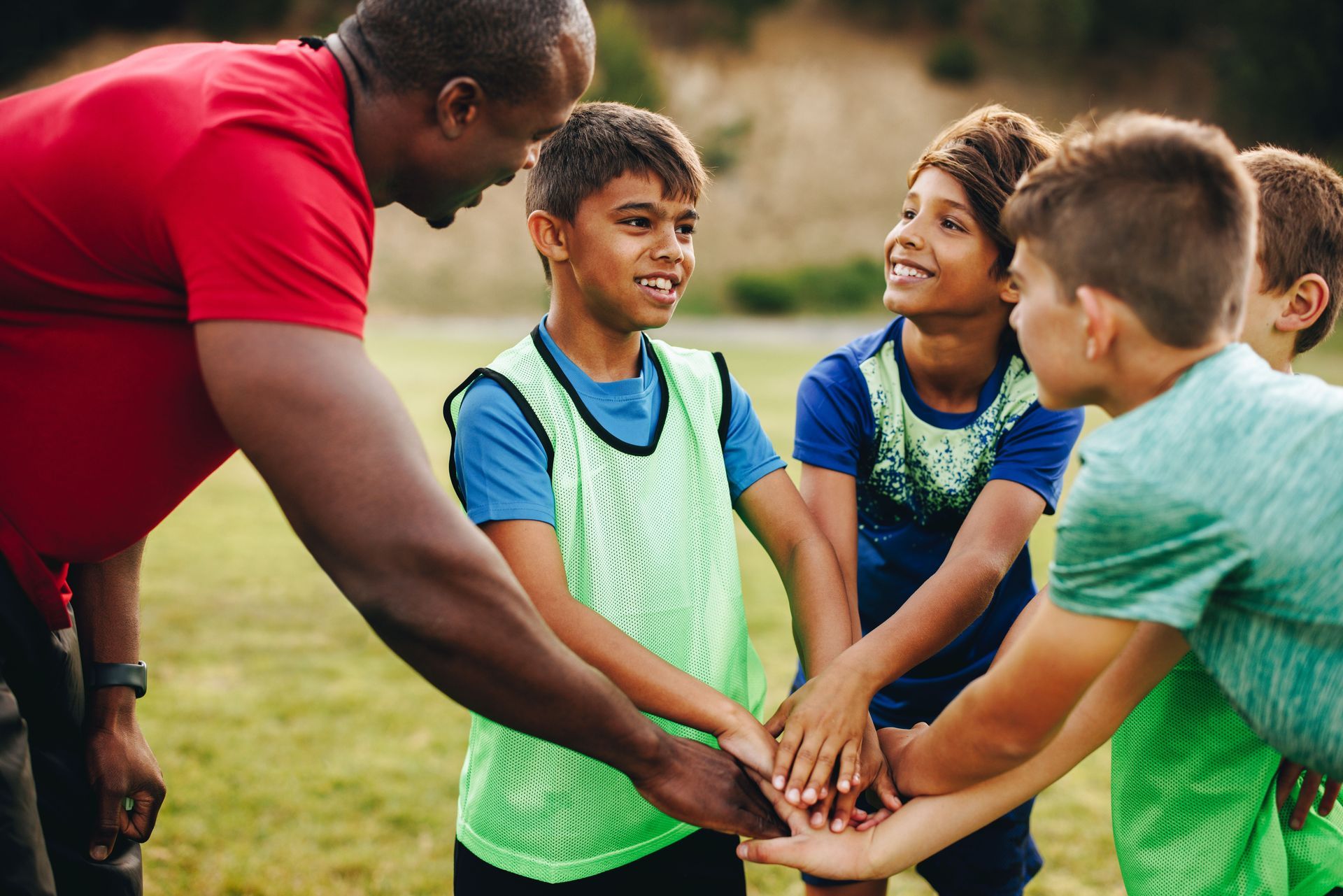Youth sports provide an excellent platform for young athletes to develop not only their physical skills but also crucial life skills such as teamwork, collaboration, and communication. In today's fast-paced world, fostering these skills has become more important than ever. In this blog, we will explore the significance of collaboration and communication in youth sports training and discuss effective strategies to encourage their growth.
The Importance of Collaboration in Youth Sports Collaboration is the cornerstone of success in any team sport. It promotes a sense of unity, enhances trust among teammates, and enables athletes to work towards a common goal. By fostering collaboration in youth sports training, we help athletes understand the value of teamwork and encourage them to support and rely on one another. This inclusivity cultivates a positive team culture, where every individual feels valued and motivated to contribute their best.
Strategies to Foster Collaboration
1. Promote a supportive environment: Coaches and parents play a crucial role in creating a safe and supportive environment where athletes feel comfortable expressing themselves. Encourage open communication, active listening, and constructive feedback to create a positive team culture.
2. Define shared goals: Clearly articulate team goals and emphasize the importance of collaboration in achieving them. Encourage athletes to actively participate in setting these goals, as this fosters a sense of ownership and commitment.
3. Encourage interdependence: Design training sessions that require athletes to rely on each other's skills and strengths. Team-building exercises, drills, and small-sided games encourage collaboration and develop trust among teammates. The Significance of Communication in Youth Sports Effective communication is essential for successful teamwork. It enhances coordination, promotes understanding, and reduces misunderstandings on the field. By honing communication skills in youth sports training, young athletes learn to express their thoughts and ideas, listen actively, and adapt to the constantly changing dynamics of a game.
Strategies to Enhance Communication
1. Teach active listening: Encourage athletes to actively listen to their teammates, coaches, and officials. This skill helps athletes understand instructions more effectively and promotes a culture of respect and understanding within the team.
2. Emphasize clear and concise communication: Teach athletes to communicate clearly and concisely, especially during high-pressure situations. Emphasize the importance of using simple and direct language to ensure effective communication on the field.
3. Develop non-verbal communication skills: Non-verbal cues, such as eye contact, hand signals, and body language, play a vital role in effective communication during sports. Include exercises that focus on enhancing non-verbal communication skills in training sessions to improve on-field coordination.
Fostering collaboration and communication in youth sports training is crucial for the overall development of young athletes. By creating a supportive environment, setting shared goals, and emphasizing effective communication, coaches and parents can help athletes unlock their full potential. These skills extend beyond the field, preparing them for success in their personal and professional lives. Let's invest in nurturing collaboration and communication skills in our youth, empowering them to become not only outstanding athletes but also valuable team players in all aspects of life.

All Rights Reserved | All Sports Mastery

